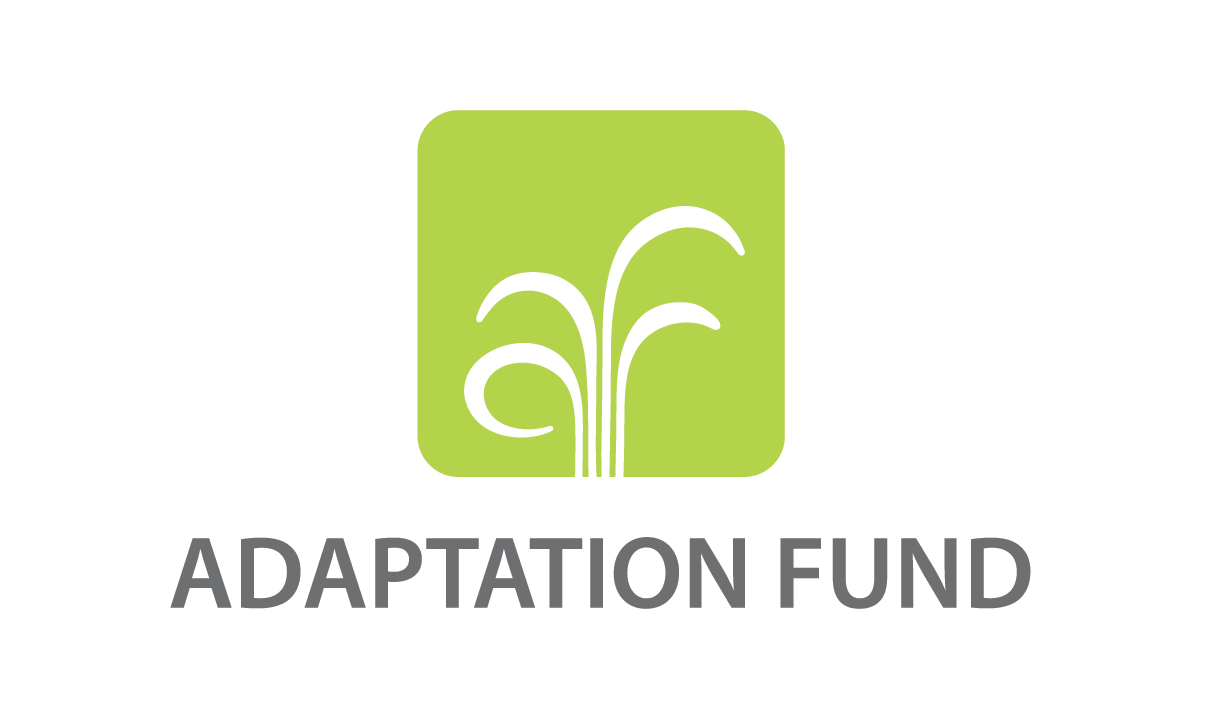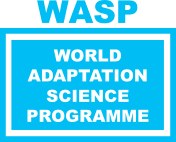Field Trips

Discover the fieldtrip opportunities offered by AF2023 & Register for your free ticket to attend now!
All fieldtrips are planned to be held on Friday October 6th from 1:00 – 5:00 p.m. (EDT) and are reserved for registered conference participants.
Glocal Learning Journeys
Glocal Learning Journeys are dynamic and intimate fieldtrips for attendees to interact and connect with local actors and organizations working in the Montréal area on local climate-related challenges. If you want to learn more about why you should join one of our learning journeys, please visit this blog posting.
Mobilizing school communities in creating personalized roadmaps for climate change education (*NEW)
Led by: Lab22 in collaboration with Leadership & Learning for Sustainability Lab
Site: Lab22 offices, 5248 St-Laurent blvd.
Conference Theme: Teaching and learning adaptation in a changing climate
Overview: This glocal learning journey will discuss the role of schools in preparing youth for a changing climate. By inviting some of our staff and recent youth council members engaged in local schools, we want to bring field and youth perspectives to the forefront of the discussion. We will present specific Lab22 approaches to foster cocreation and collaborations in school communities, as well as the role of eco-emotions in shaping these processes. Participants will be invited to share hopes and visions for the educational system and exchange inspirational practices and policies in a more global context.
Maximum number of participants: 30
Urban agriculture cooperatives for a food secure future (*NEW)
Led by: CultivAction
Site: Loyola Campus Concordia
Conference Theme: Equity & justice in adaptation
Overview: CultivAction is an urban agriculture cooperative working on building food sovereign communities and sustainable food production in Montréal. This learning journey will focus on how urban agriculture cooperatives can build solidarity and activate networks of reciprocity to create resilient and just futures for urban food security.
Maximum number of participants: 25
Lachine-est écoquartier (Lachine Canal)
Led by: Institut national de la recherche scientifique (INRS) in collaboration with Concordia Climate Change Adaptation Lab
Site: Le quartier Lachine-Est (Lachine Canal)
Conference Theme: Making adaptation choices
Overview: The Lachine-est learning journey focuses on how the City of Montreal is integrating urban greening initiatives into neighborhood development planning in order to reduce urban heat island effect and local flood risks. Lachine-est is a designated special planning project for the City of Montreal with the aim of creating an écoquartier. In our discussion we will explore how existing urban planning tools can be used to support or constrain transformative adaptation efforts. We will also discuss how inclusive planning processes can be designed to realize the benefits of urban greening for those most vulnerable to climate change risks.
Maximum number of participants: 30
Intergenerational Climate Action: Urban Nature Walking Tour
Led by: Sustainable Youth Canada in collaboration with Leadership & Learning for Sustainability Lab
Site: Falaise St. Jacques – entrance at the parking lot of Quilles G Plus Bowling NDG (6510 Rue Saint-Jacques)
Conference Theme: Who wins, who loses, who decides: Equity & justice in adaptation
Overview: The Intergenerational Climate Action learning journey will explore how youth drive the environmental movement in their communities, and how this impacts policy decisions across the world. Sustainable Youth Canada (SYC) is a 100% youth-led environmental organization in Montreal with local projects and experience working with government. We hope to discuss the importance of our work as well as challenges we have faced in a system that was not designed for us. In this intergenerational setting, we hope to bridge conversations on the importance of supporting youth climate action and how non-youth can assist in creating meaningful participation for younger people.
Maximum number of participants: 20
Placemaking: An urban greenhouse approach
Led by: The Concordia Greenhouse in collaboration with Concordia Climate Change Adaptation Lab
Site: 1455 de Maisonneuve Blvd. W., 13th floor, Montreal, QC H3G 1M8
Conference Theme: The power of nature for climate action
Overview: The Concordia Greenhouse Project is a collectively run, consensus-based, non-profit organization. It uses the Henry H. Hall Building rooftop greenhouse as an all-organic space geared towards community, education and sustainable horticulture. The Greenhouse is a year-round green space that hosts workshops, projects and events raising awareness around food issues and alternatives to mainstream consumerism. In this learning journey, we will learn about how the Greenhouse Project strengthens the urban sustainability movement in Montreal by growing local products using ecological practices, providing experiential learning opportunities through volunteering, internships and jobs, and networking with other like-minded individuals and organizations.
Maximum number of participants: 25
Tree mapping as a transformative approach to climate change education
Led by: Concordia University Loyola College for Diversity and Sustainability in collaboration with the Concordia Climate Change Adaptation Lab
Site: Loyola Campus, Concordia University
Conference Theme: Teaching and learning adaptation in a changing climate
Overview: The Concordia Tree Project launched in 2019 as part of the Concordia University Climate Action Plan. The initiative aims to build public understanding of native tree species and the ecosystem services they provide. Throughout the summer, students document each tree on Concordia’s two campuses. Information in Kanien’kéha, English, and French is then made available via a QR code affixed to each tree. During this learning journey we will discuss how the mapping project contributes to formal teaching and public understanding about nature-based solutions for climate action, the relationship between climate action and decolonization, and the importance of protecting urban biodiversity.
Maximum number of participants: 30
Funding Sustainability: A Reflective Tour of McGill’s Sustainability Projects Fund (SPF)
Led by: McGill Office of Sustainability in collaboration with Leadership & Learning for Sustainability Lab
Site: Starting and ending at 550 Sherbrooke Street West (MOOS’ office), with two to three additional sites on McGill’s downtown campus.
Conference Theme: Inclusive and Adaptation Governance and Finance
Overview: This learning journey uses the case of McGill’s Sustainability Projects Fund (SPF) initiative as a conversation starting point to explore how innovative financial solutions at community level that can be scaled out. SPF is a McGill initiative that aims to build a culture of sustainability at McGill University through cross-disciplinary approach. It is the largest fund of its kind in Canada, and one of the largest in North America. Over 340 projects have been funded since 2009. In this learning journey, we will start with a general overview of the SPF, including its history, some flagship projects, the governance structure, challenges and opportunities. The second part will focus on the selected SPF projects on McGill’s downtown campus, with a view to exchanging learning and knowledge with AF2023’s participants.
Maximum number of participants: 30
General Site Visits
Innovation by and adaptation of Quebec farms relative to climate change (Living Lab – Quebec and Agrisolutions climat projects)
Led by: Union des producteurs agricoles (UPA)
Site: Ferme Cristallina
Time: 1:00 – 8:00 p.m.
Overview: The Union des producteurs agricoles (UPA) invites you to Ferme Cristallina, a family farm specializing in dairy production, operated by Mr. Michael Jeker, located one hour from Montreal.
Transitioning towards a sustainable agri-food sector requires innovations at different levels: technical, social, economic, etc. This multi-level approach to innovation and adaptation will be presented through the lens of lessons learned through two major agri-environmental projects run by the UPA in Quebec (Living Lab – Quebec and Agrisolutions climat). Joined by researchers from Agriculture and Agri-Food Canada and other specialists, farmers will share with you the innovative farming practices they have codeveloped and experimented.
Maximum number of participants: 50
*Note: This tour is not suited to people with reduced mobility. For more information, please see here.
Tour of Tekakwitha Island & Bay Restoration Project (*NEW)
Led by: Kahnawà:ke Welcome Center
Site: Ile Tekakwitha
Overview:Tekakwitha Island located in Kahnawà:ke Mohawk Territory was formed by the construction of the St. Lawrence Seaway in the 1950s. The artificial island was created by filling in a series of natural islands with rock and clay excavated to create the shipping canal. In the intervening years since its creation, the immediate significant impacts of the modifications have been compounded by additional changes to the landscape as the river seeks a new balance. The Kahnawà:ke Environment Protection Office (KEPO) completed a naturalization project on this island and accompanying bay between 2020 and 2022 to enhance opportunities for wildlife and the community. This tour will take 1-1½ and introduce participants to the history of the island, environmental issues, and restoration project.
Maximum number of participants: 48
Palais des congrès de Montréal Rooftop Urban Farm : experimentation and research platform (*NEW)
Led by: Laboratoire sur l’agriculture urbaine
Site: Palais des congrès de Montréal
Overview: Montreal has 57 urban farms, including some rooftop urban farms. The Palais des congrès experimental urban farm is one of these. Opening in 2011, the green roof of the Palais des congrès de Montréal has become in 2016 one of the most important experimentation and research site to promote of urban agriculture. Its current surface area of 3,250 meters square (35 000 sq feet), allows it to accommodate a vineyard, a saffron plantation, a section of vegetable production in geotextile bags area and a section with an intensive green roof. Spaces are also provided to accommodate prototypes on roof, particularly vertical modules (installation in 2024). As part of this visit, it will be possible to see the different installations, to present the automated irrigation system and optimal nutrient management systems planned. The AULAB team will also be able to present and exchange some results of research projects that took place on site 2016.
For payment method and any accessibility note, Please see the registration link below.
Maximum number of participants: 25 per visit, 2 visits (a minimum of 10 for a visit)






